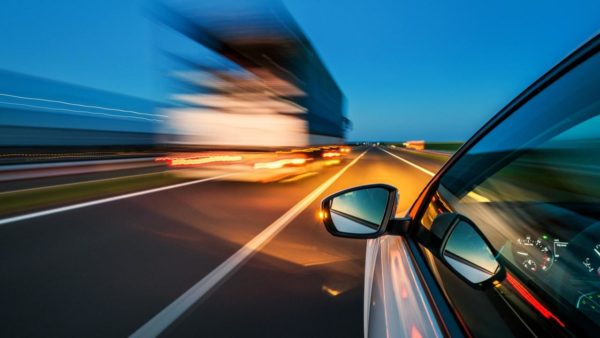
Drunk Driving Continues to Threaten UK Road Safety

One in 20 road accidents in the UK involve drivers who are over the legal alcohol consumption limit, as per the Department for Transport (announced on February 10, 2020). The figures reveal a 4% rise in the number of drink-drive accidents; to be precise, there were 5,900 such accidents in 2018, which is 200 more than in previous months. If one in 20 crashes involves driving under the influence, then it is clear that tougher measures need to be adopted – of course, enforcement is just one of many approaches that need to be taken to stamp out the issue at hand and enable drivers and passengers to enjoy their car rides in safety.
Road Officer Shortage
Transport safety groups cite the reduced numbers of road officers on the streets as the reason for the upward turn of drunk driving. Home Office reports indicate that there have been less breathalyser tests carried out this year than ever before – in England and Wales, numbers have reached record lows. In addition to ensuring more officers are on the road, the use of in-car breathalysers can also help. One study by researchers at the University of Pennsylvania has found that these systems significantly reduce the number of alcohol-related vehicular deaths. Lead researcher, E Kaufman, said, “by preventing intoxicated drivers from starting their vehicles, these ignition interlock laws can directly prevent drunk driving and save lives.”
Drink Driving And Speeding
People driving under the influence take riskier decisions – including that of speeding, which in itself ups the accident risk. The World Health Organisation has stated that an increase in the average speed of 1 km/h ups the risk of a crash involving injury by 3%. It also imposes a 4-5% risk of crashes that result in fatalities. The extent to which speeding is a factor in injurious accidents is indicated by legal specialisation: a dedicated speeding lawyer deals with road accidents in many parts of the world. Drunk drivers and speeding offenders actually have different behavioural profiles, but being under the influence can reduce a driver’s ability to reasonably assess the impact of speeding or to gauge the exact speed at which they are going. Once you have been involved in an accident, look for a dui defense lawyer near me if you need help. A dui lawyer or ovi defense lawyer can help you protect your rights. Your lawyer can also help you find a local bail bonds agent to post your bail.
Tighter Legal Restrictions
The Scottish government changed the alcohol limit for drivers to 50mg per 100ml of blood, but the limit in the rest of the UK is still 80mg. Clearly, the Scottish example may need to be followed. One study undertaken by researchers at New York University showed that areas with a higher number of alcohol and traffic-related laws have a lower rate of road accident deaths than those with laxer or fewer laws. The researchers concluded that policymakers should focus on areas in which legal protection is the weakest, passing more and stricter laws to protect drivers and passengers.
Drink driving continues to be a pressing problem on UK roads. Research indicates that boosting road officer numbers and tightening laws can make a difference. Technology such as in-car breathalysers should also be considered, since research indicates that they are effective against drink-driving. Finally, governments should create more awareness campaigns so drivers become more aware of the link between drink driving and other risky behaviours.















































